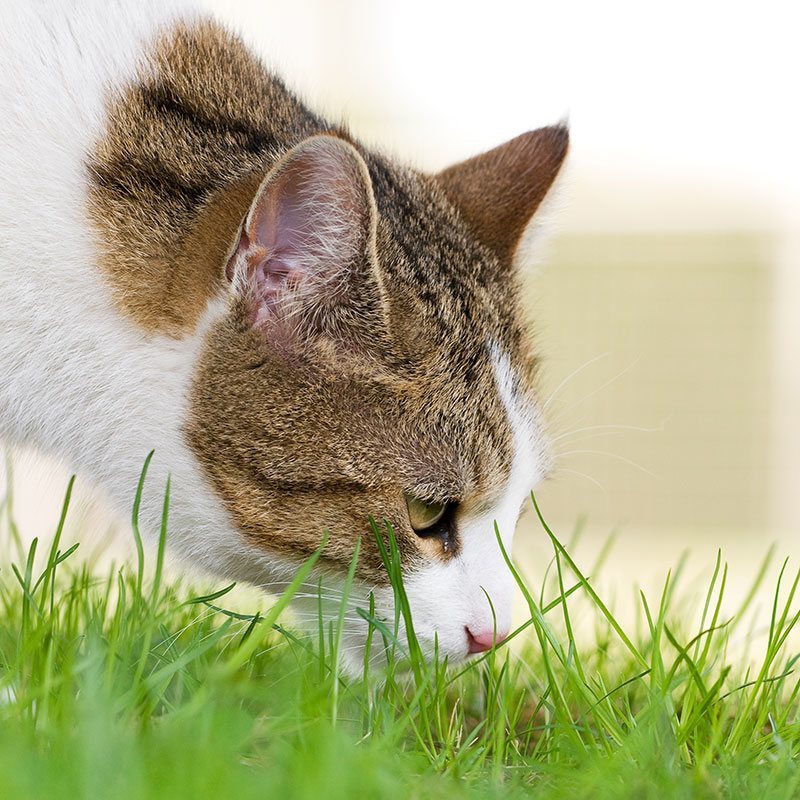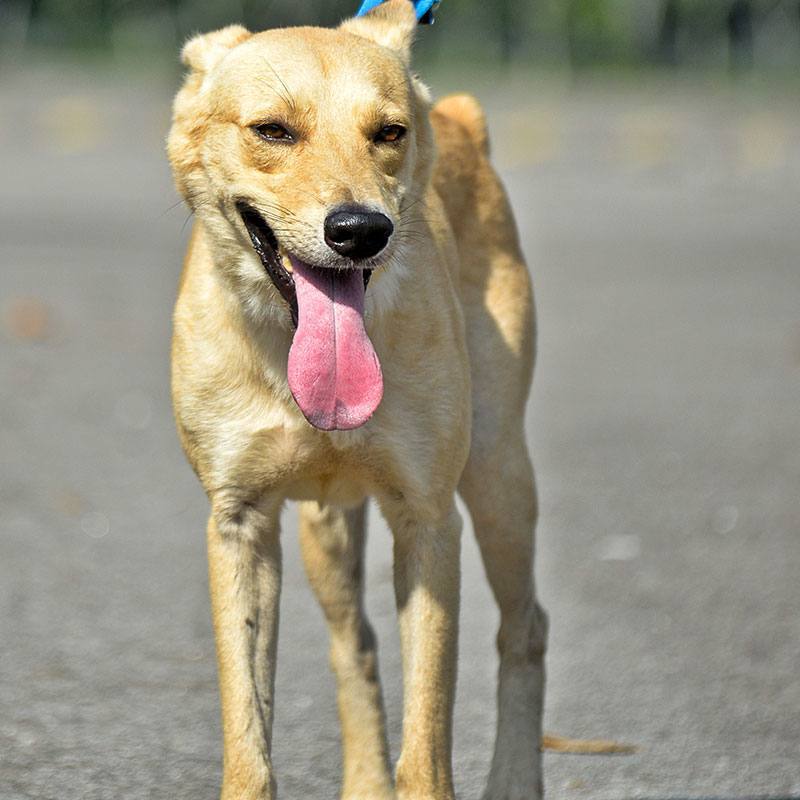Are you interested in adopting a cat or dog but don’t know if it’s right for you? Or do you just want to help homeless pets? If you answered yes to either of these questions, fostering a cat or dog is an option for you.
Here are the most commonly asked questions about pet fostering.
What is foster pet parenting?
A foster pet parent is someone who temporarily houses an animal, providing them with basic needs and a loving environment. Other duties involved include socializing the animal, administering necessary medications and grooming, and fulfilling any exercise requirements. Overall, a foster pet parent takes care of the animal’s health and well-being, both physically and mentally.
Why is fostering a pet important?
Some animal shelters do not have a specific building they work out of and instead rely on a network of foster homes to care for the animals; for these organizations it is especially important. Animals with specific training or socialization needs can benefit from the constant presence of a pet parent versus at a shelter. There is also limited room in animal shelters and foster homes increase the number of animals an organization can care for. Fostering a cat or dog also helps shelters get a clearer idea of an animal’s personality and special needs, as there is a pet parent constantly with the pet.
What are the benefits of pet fostering?
There are unlimited benefits that come with fostering a cat or dog! Fostering a pet before adopting him or her allows you to get to know the animal better. If you have kids, fostering an animal can let them know about the responsibilities that come with a pet and educate them. Cats and dogs can also bring happiness and excitement to a household; with a dog or cat, your day is guaranteed not to be boring! But the main benefit of becoming a foster pet parent is the knowledge that you are helping an animal and making a difference in the world.
Does it cost money to foster a pet?
Some shelters will cover the costs of food and cat litter, but most foster pet parents have to pay for these essentials. Veterinary care is always covered by the animal shelter, but the pet parent is responsible for transporting the animal to and from appointments.
Are there any requirements for becoming a foster pet parent?
Before becoming a foster pet parent, the animal shelter will typically put you through some sort of screening process or background check. Requirements depend on the needs of the animal; having a fenced-in backyard is required to foster large dogs, or if a pet does not get along with cats, dogs, or small children, the prospective home must be free of them. Otherwise, anyone with an open heart and an open home can be a foster pet parent.
Practically anyone can become a foster pet parent, but before doing so, make sure you are ready to tackle to financial and physical requirements. There are many benefits to fostering a cat or dog, and doing so can provide an essential service to animal shelters
Copyright © 2017 Aon Hong Kong Limited. All Rights Reserved.
This article is intended for general information purposes only and is subject to change without notice. It should not be construed as advice or opinions on any specific facts or circumstances. The content of this article is made available on an “as is” basis, without any warranty of any kind, express or implied, including as to accuracy, completeness or otherwise at the time of initial publication or thereafter. To the extent permitted by law, Aon disclaims any responsibility or liability to any person or organization for any loss or damage caused by or resulting from any reliance placed on that content whatsoever. No part of this publication may be reproduced, stored in a retrieval system, or transmitted in any way or by any means, including photocopying or recording, without the written permission of the copyright holder, application for which should be addressed to the copyright holder.
HappyTails Insurance is underwritten by MSIG Insurance (Hong Kong) Ltd and arranged by Aon Hong Kong Ltd.







